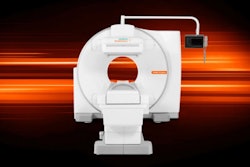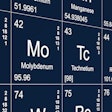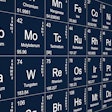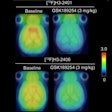Gamma Medica is highlighting a study presented today at SNM's Breast Cancer Imaging: State of the Art 2011 meeting in Bethesda, MD, that indicates that low-dose molecular breast imaging (MBI) can be a useful adjunct and potential alternative to screening mammography in women with dense breasts.
Researchers from the Mayo Clinic in Rochester, MN, concluded that a one-year follow-up mammogram and additional study of incident screening by MBI will be necessary to establish true sensitivity and specificity results.
The preliminary clinical results from the study involving approximately 2,400 women with dense breasts found that by redesigning the breast-specific collimators and enhancing other technology on the MBI system, it is possible to support scans at a dose of 4 mCi, which is comparable to the level of radiation exposure with a digital mammography system.
Gamma Medica commercially launched its LumaGem MBI system in late 2009, and the company has been working with Mayo on a low-dose version of the unit.
LumaGem combines the radioisotope technetium-99m sestamibi with a gamma camera for molecular breast imaging. The system features solid-state cadmium zinc telluride (CZT) detectors in a dual-head configuration to optimize detector geometry.
The study was funded by a grant from the Susan G. Komen for the Cure foundation.



















